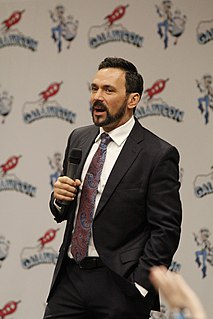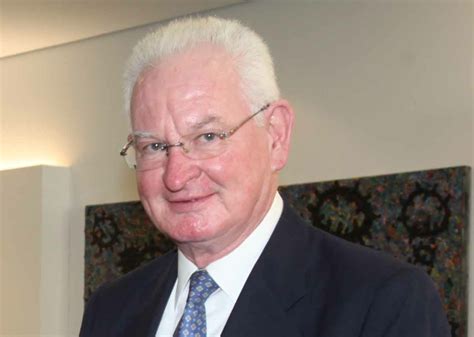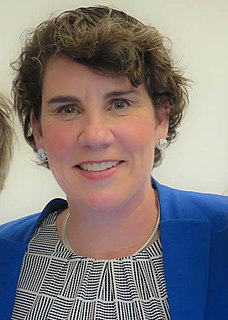A Quote by Arancha Gonzalez
Without action to de-carbonize our economies, unchecked climate change threatens to batter lives and economies around the world, hitting the poorest people hardest.
Related Quotes
Growing economies are critical; we will never be able to end poverty unless economies are growing. We also need to find ways of growing economies so that the growth creates good jobs, especially for young people, especially for women, especially for the poorest who have been excluded from the economic system.
The de industrialization of the US. economy based on the migration of corporations into third world areas where labor is very cheap and thus more profitable for these companies creates on the one hand conditions in those countries that encourage people to emigrate to the US. in search of a better life. On the other hand, it creates conditions here that send more black people into the alternative economies, the drug economies, women into economies in sexual services, and sends them into the prison industrial complex.
First, climate change is the greatest long-term threat faced by humanity. It could cause more human and financial suffering than the two world wars and the great depression put together. All countries will be affected, but the poorest countries will be hit hardest. Secondly, the costs of inaction far outweigh the costs of action.





































